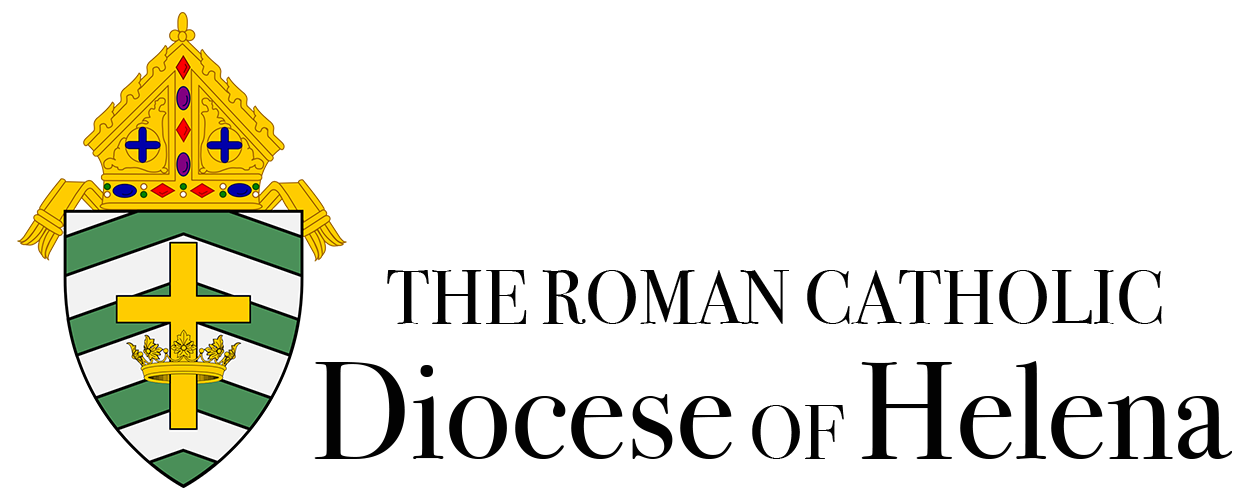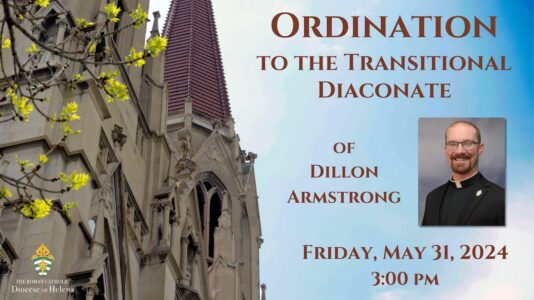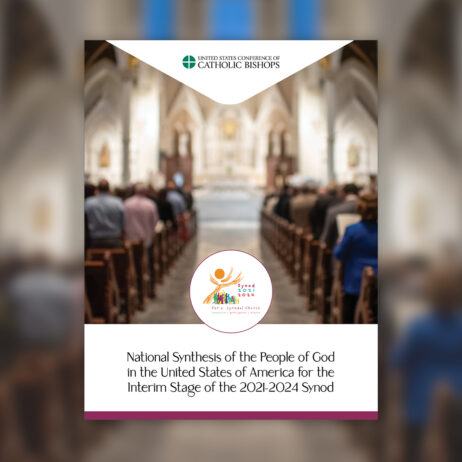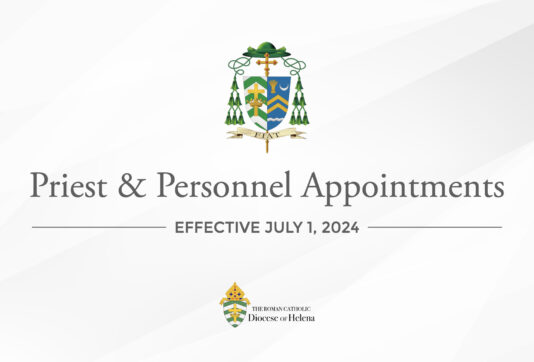
Travis Grotbo
Data Software Specialist
The Church takes recordkeeping seriously, and for good reasons. From my family and I in our pew on Sunday to pilgrims at the Vatican, there is a need for good records and data. On a global scale, the Secretariat of State at the Vatican annually requires diocesan and archdiocesan statistical reports. These require data from all Catholic organizations in each region. They provide information on the membership, activity, and sacramental life of the Church in parishes and all Catholic organizations. It’s an important way to understand the global state of the Roman Catholic Church. The same data is critical at the diocesan and archdiocesan level, as records serve bishops and archbishops in their threefold apostolic mission to teach, sanctify, and govern. Good data helps connect their pastoral ministry of presence and relationship to the decision-making of governance – especially when change occurs or is needed. At the local level, good data helps parishes and other organizations to operate smoothly, organize ministry and services, and to communicate well with the faithful as they grow in their spiritual and sacramental life. Local recordkeeping is the foundational data that benefits the Church at every level.
Across the U.S. and in our diocese, multiple tools, platforms, and approaches are used to manage church records and data. Parishes and dioceses typically use a combination of databases, spreadsheets, email platforms, and bookkeeping software. The result is often multiple, separate, and incompatible lists that are maintained individually. Success usually entails a pastor, and/or at least one employee who invests a lot of time updating lists and communicating changes to avoid problems.
In our Diocese, there have been some promising recent trends toward data standardization. In early 2023, diocesan offices began examining current options and proposed a software called Camino that represents the best of what the church database market offers. It also includes a communication tool for email/text (Evangelus) and an app that may be familiar as many of our parishes and parishioners were already using it (MyParishApp). Shortly after Bishop Vetter’s approval of Camino, I accepted my position as the full-time Diocesan Data Software Specialist. I began working with parishes and the Camino team on parish launches, trainings, and support.
Coming from the IT management and support sector, I’ve been impressed by the Camino team. We have been able to communicate our needs directly with Camino’s head developer, which has led to the team making several changes to the software to meet our needs – a rare thing. This database will provide up-to-date information on critical aspects of diocesan and parish life without manipulating data from multiple sources and formats to create accurate reports. The chancery will be better able to communicate and assist employees across the diocese. Bishop Vetter and our priests can track sacraments as they are administered and communicate with the recipients.
As of the start of this Easter, two-thirds of our parishes are using Camino. The feedback has been positive, even from parishes who have recently gone through the pain of multiple database changes. Our parishes are already managing and updating household, sacramental, and giving data. Most produced their 2023 tax letters in the new system, and some are organizing catechesis, sacramental preparation, volunteers, and religious education. These data conversions haven’t been without challenges, but it is a promising start to a large project.
It has been rewarding working to unite the parish and diocesan data with a tool that will ultimately help our bishop and priests in office management and their ministry. When priest assignments change, they will already know the system and can more easily learn who is entrusted to their spiritual care, what information is available, and how they may want to use it. Having one integrated solution saves valuable time that was spent on multiple solutions. Parishes with limited resources can succeed more in data management and parishioner communication. Administrators can learn one program and free up time for other parish needs/priorities. Households can be easily added to a new parish when they register. Updates to household contact information will be available across the diocese instantly.
A shared central database requires standard procedures and training. It’s going to be an intensive process throughout this new year. Data will need to be cleaned up and regularly updated. To have a secure and functioning database, we must be diligent and work together, but I think the benefit goes beyond the data too. I’m honored to work with the generous and dedicated people in our parish offices across the diocese. It brings us together and builds up the Church.




